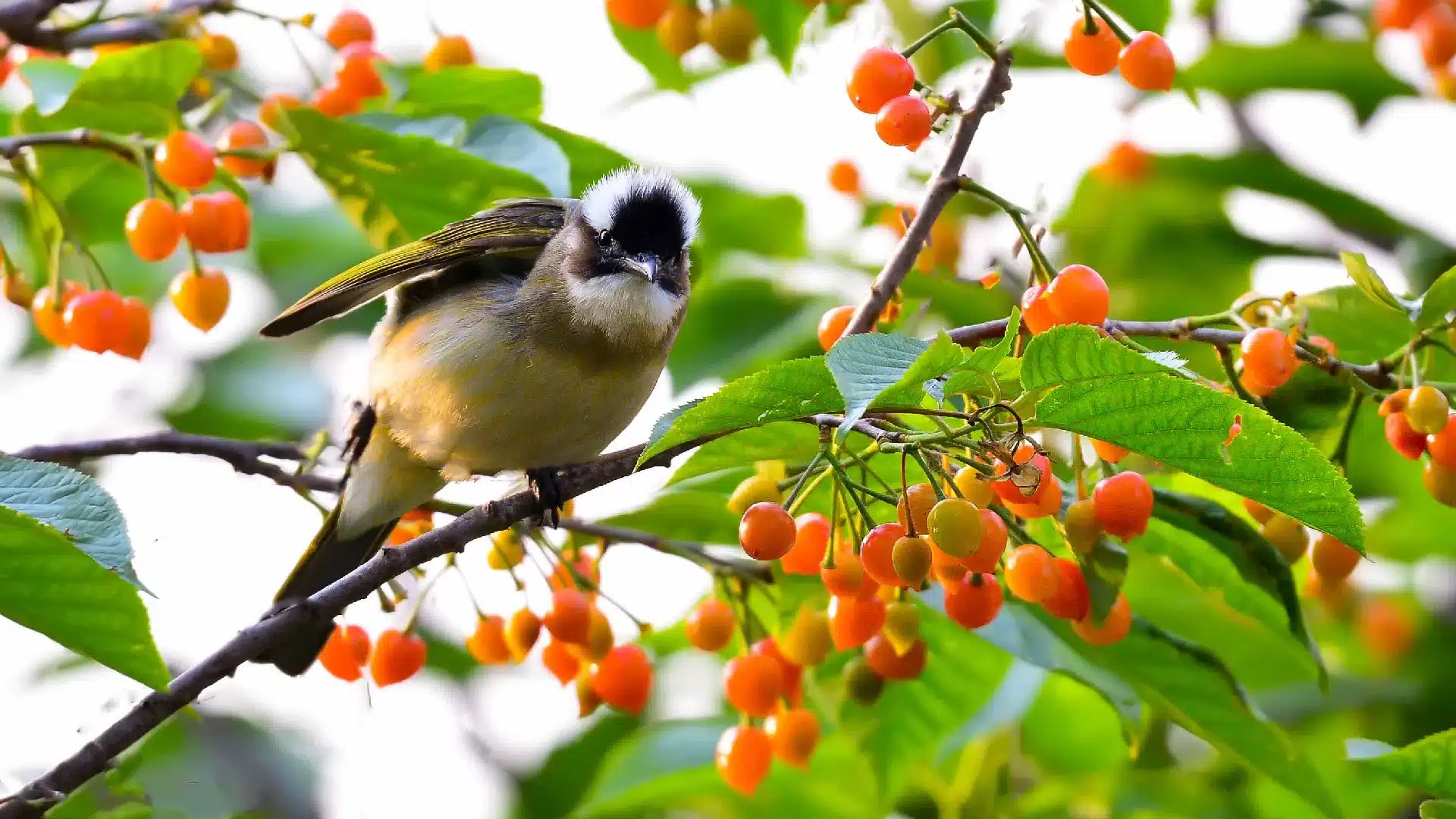Cherries are loved for their bright color and sweet taste. Similarly, these vibrant and sweet berries attract birds in nature. Cherries satisfy birds’ hunger and quench their thirst, making them an ideal food for birds. Therefore, for fruit farmers, stopping birds from eating cherries in the ripening season from March to June is essential for a good harvest.
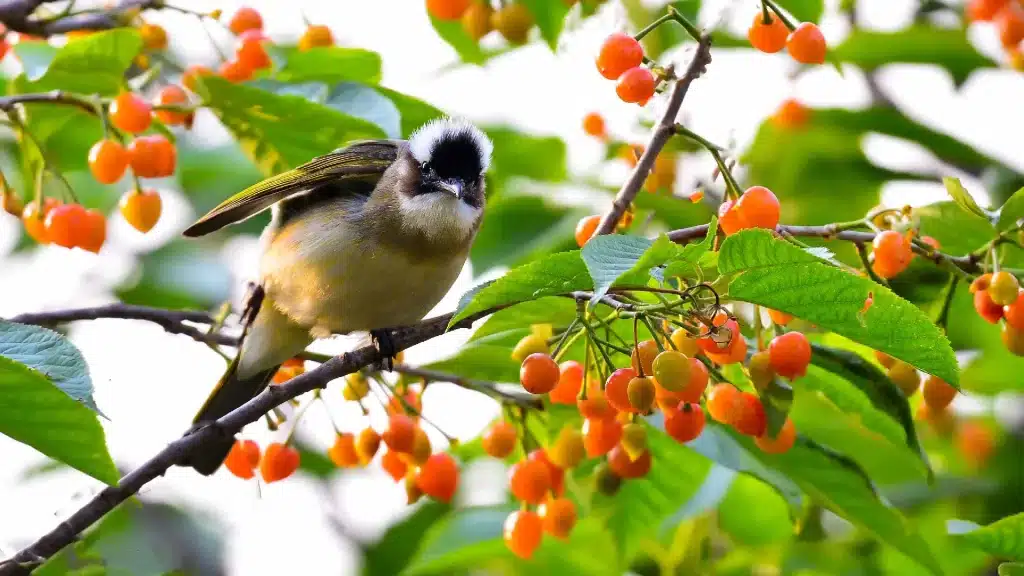
Birds eating cherries
You might have heard about various methods to protect cherries from birds, but which ones are the most effective? This article will discuss 8 effective bird deterrent strategies, starting with the best, to help you protect your cherries.
How to Protect Cherry Tree from Birds
To help you protect your cherries from birds, we’ve compiled several effective methods, ranging from natural deterrents to artificial protective measures. Here are eight ways we collected to prevent birds from eating your cherries.
1. Cover your cherry tree with bird nets.
Using bird netting is the most effective way to keep birds from eating cherries. Different types of bird netting are available on the market, varying in material, mesh size, and color. You can cover cherry trees directly with these nets, preventing birds from reaching the ripe fruits. Bird netting is helpful for both home cherry trees and large cherry orchards.
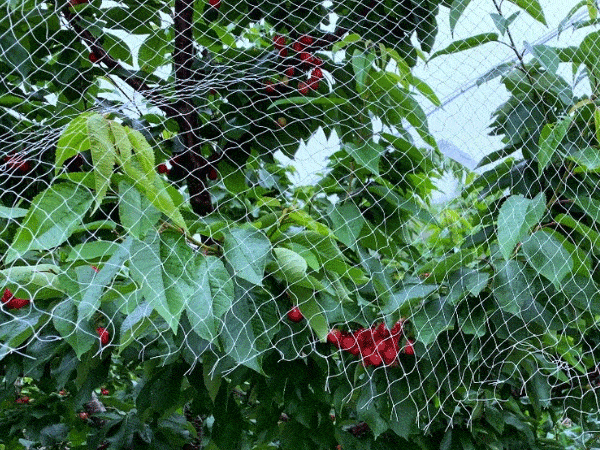
Anti-bird nets to protect cherries
2. Tie reflective tape to your cherry trees or around them
When the wind blows, these reflective tapes sparkle in the sunlight, creating a dynamic effect that makes it difficult for birds to adapt quickly. Some people use plastic bags to scare birds away, but reflective tape is more effective due to its stronger light reflection.
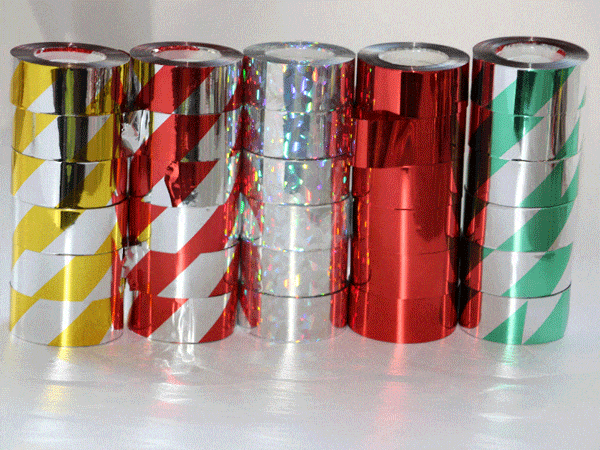
Reflective tape
Reflective tape is inexpensive, usually costing a few dollars for a roll, making it a good backup option when combined with other bird deterrents.
3. Use the ultrasonic device to deter birds
High-frequency ultrasonic devices can help deter birds to some extent, protecting your ripening cherries. However, using the same frequency for too long can reduce effectiveness as birds might get used to the sound.
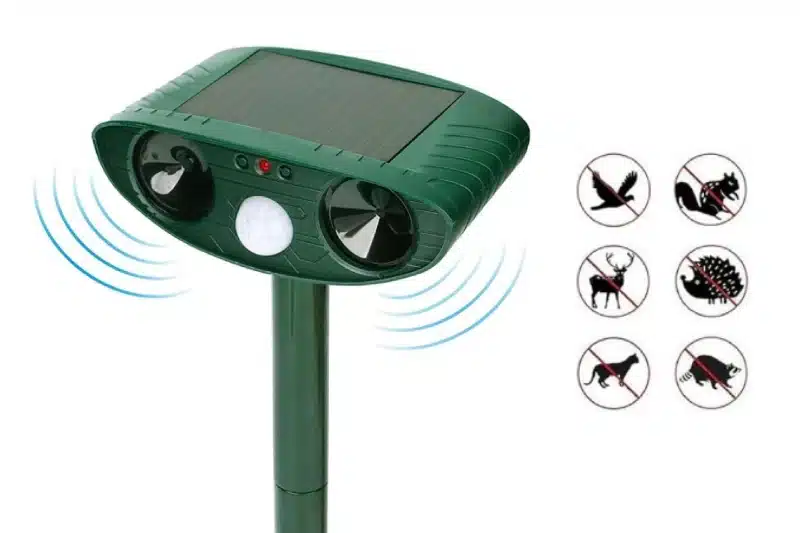
Ultrasonic devices
If your budget allows, consider buying a variable-frequency ultrasonic device to keep birds from adapting, thus maintaining long-term effectiveness. Ultrasonic bird repellers typically cost between $20 and $60, making them pricier than other bird deterrents.
4. Use predator decoys like snakes or owls to scare birds away
Like owl statues scare off squirrels, predator decoys like snakes or owls may scare birds away from your cherries. You don’t need to catch these animals; simply place realistic statues or plastic toys on your cherry trees.
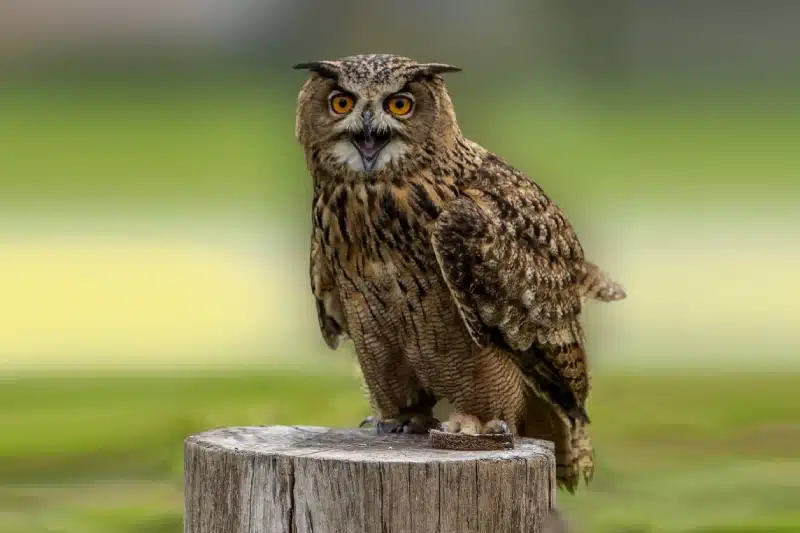
Fake owls
However, this method might be ineffective long-term because birds are smart and may realize these decoys are not a threat. Moving the decoys regularly or using more realistic, motion-enabled models that make sounds can improve effectiveness. These items usually cost between $10 and $30.
5. Install a bird feeder near your cherry trees to “feed” the birds
Install a bird feeder near your cherry trees to “feed” the birds planning to eat your cherries. This might reduce their interest in your cherries. However, this method could attract more birds, and once the food in the feeder runs out, the birds might turn to your cherry trees.
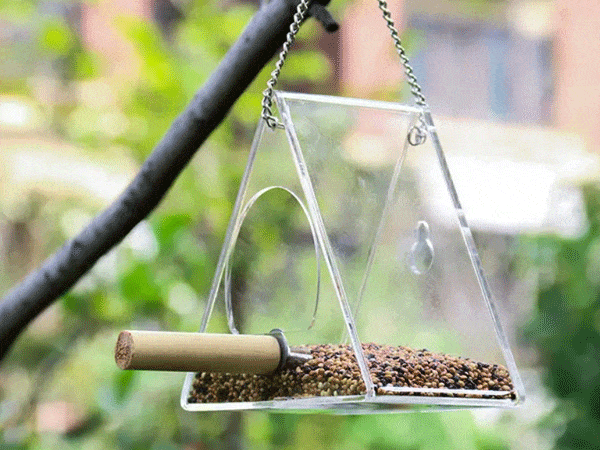
Bird feeder
6. Spray bird repellents
Bird repellents irritate birds’ sense of smell, keeping them away from your cherry trees. These repellents have a limited effectiveness period, and timing is crucial. For maximum effect, spray the repellent early or after rain.
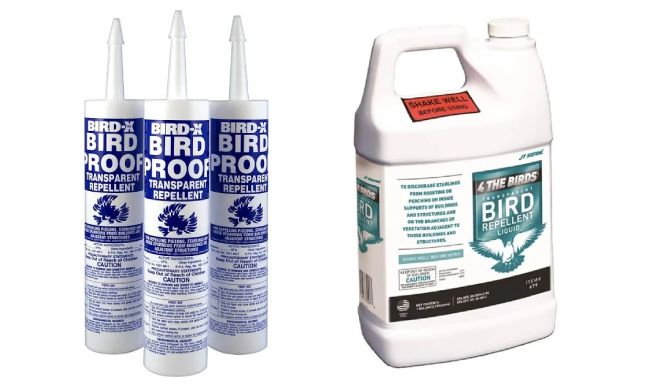
Bird Repellent
7. Noise deterrents
Noise deterrents, unlike ultrasonic repellents, use audible sounds to scare birds. Hanging wind chimes on the trees, playing nature sounds on a waterproof radio, or even broadcasting bird distress calls can scare birds away. To maintain effectiveness, change the noise sources regularly, as birds might get used to them.
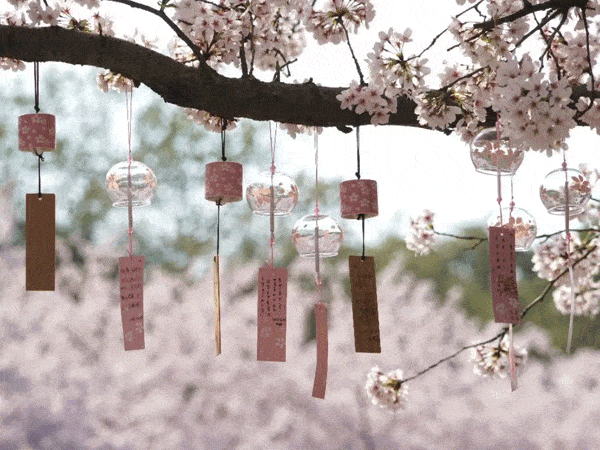
Hanging wind chime
8. Choose Planting Locations Wisely
When choosing where to plant cherry trees, avoid areas where birds gather, such as near woods or rivers. These areas are ideal bird nesting and roosting spots, increasing the risk of bird damage.
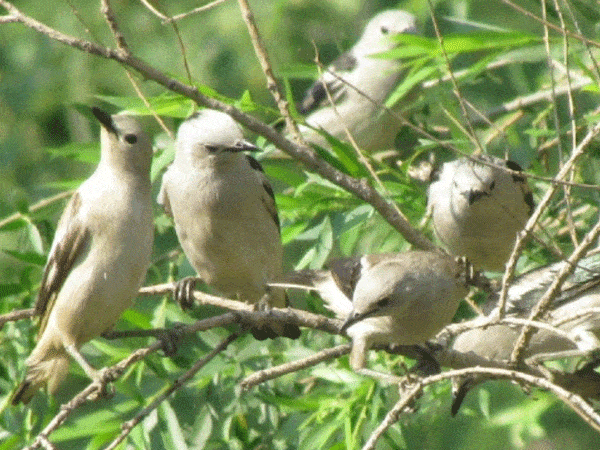
A lot of birds
Conclusion
To effectively protect your cherry trees from birds, it’s essential to choose planting locations carefully and use various bird deterrent tools in a timely manner. It’s also important to have realistic expectations about the effectiveness and longevity of these tools.
Start implementing and combining the above strategies before your cherries begin to ripen. These preventive measures can help reduce bird damage and protect the fruits of your labor.
